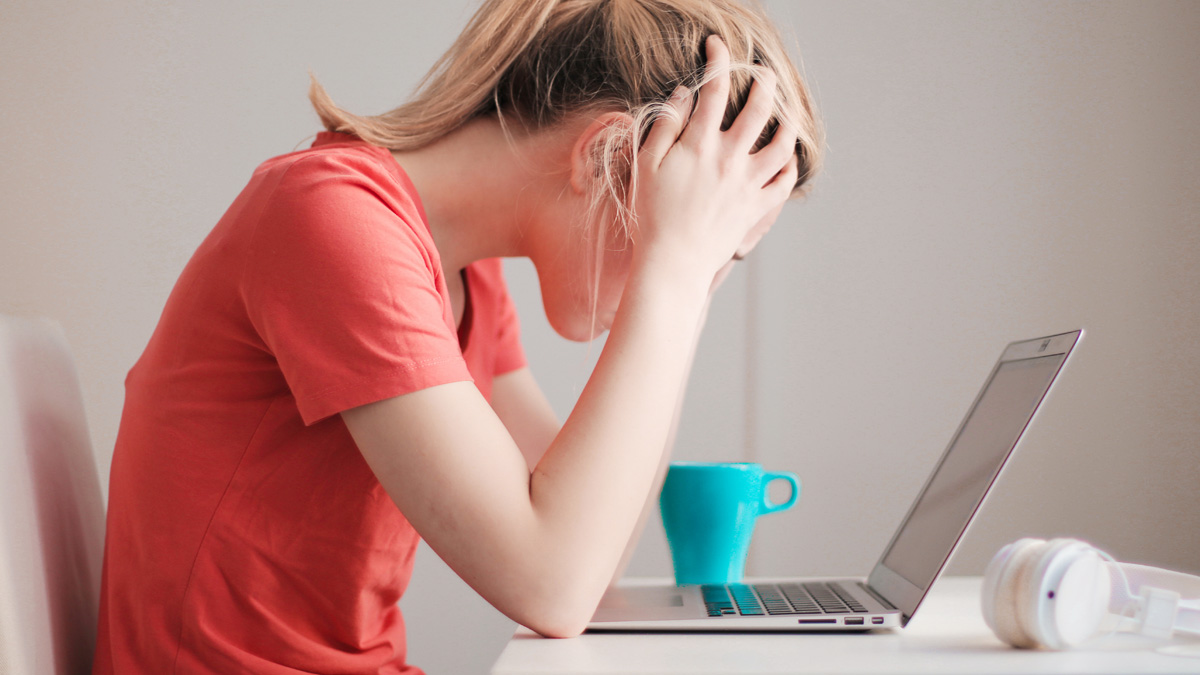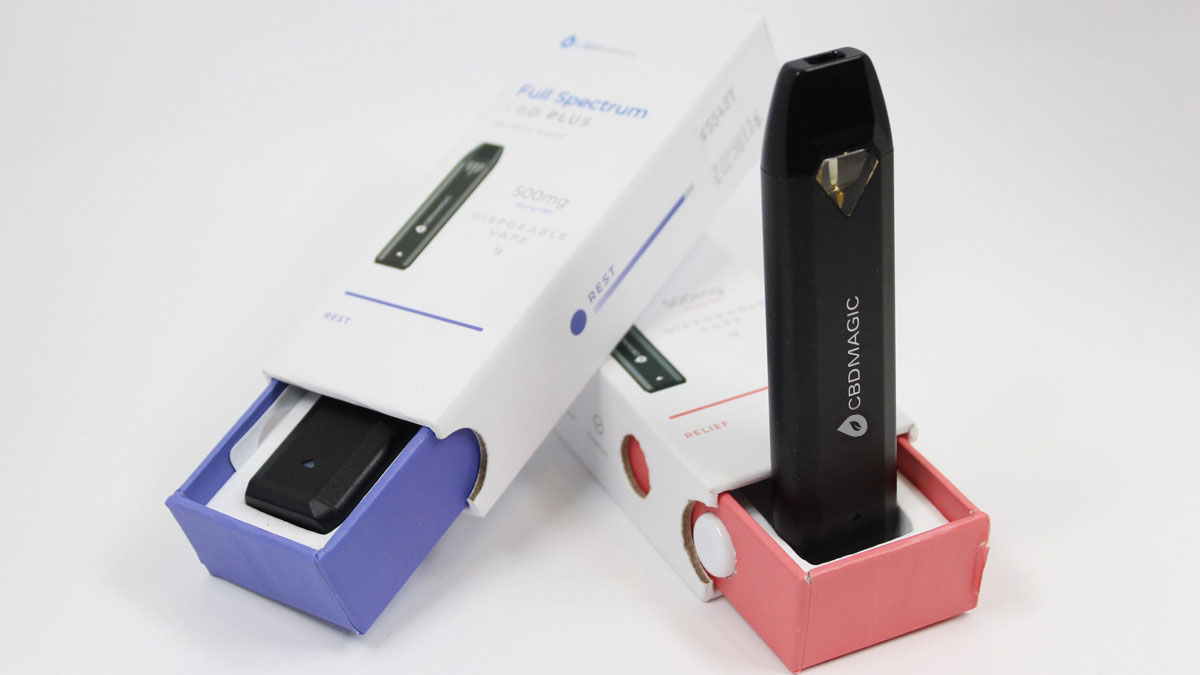CBD products are now legalised in America due to multiple research studies advocating the benefits of CBD. CBD helps in alleviating anxiety to quite an extent, along with treating insomnia and pain. Let us get deeper into how CBD works.
CBD Interacts with the Body
CBD or Cannabidiol obtained from the hemp plant is a natural product that interacts with the body’s endocannabinoid system in more ways than one. It does not give away the “high” effect of THC, which is another by-product of the same plant. Still, it reduces depression and anxiety-related problems.
CBD also enhances the Serotonin levels of the body by acting on the CB1 and CB2 receptors. Serotonin is a neurotransmitter that works its way to create anxiety issues in a person with low brain chemical levels. Patients need to be administered just the right dosage for effects on anxiety and depression.
The Serotonin Reuptake inhibitors (SSRIs) such as sertraline (Zoloft) and fluoxetine (Prozac) that doctors prescribe have their own set of side effects and are only available on prescription. CBD oils are more accessible and recommended to treat anxiety more naturally.
Different Forms of Anxiety
Anxiety and Stress go hand in hand. Research conducted by National Comorbidity Study Replication (NCS-R) shows a 31.1% chance for an adult to go through anxiety.
The different types of anxiety disorders that people suffer from are:
- Social Anxiety Disorder (SAD): A person suffering from SAD has fear from a social setting. A person tends to have increased fear of humiliation, judgement, or criticism and avoids going to places with a large gathering.
- Agoraphobia: This is commonly known as a panic attack. A person who has Agoraphobia avoids places triggering emotions that lead to panic attacks.
- General Anxiety Disorder (GAD): In this disorder, the person loses control over their emotions. They tend to worry about things that would never happen.
- Phobia: Hemophobia (fear of blood), Claustrophobia (fear of tight spaces), Acrophobia (fear of heights), and hydrophobia (fear of water) are also forms of anxiety disorders.
- Panic Disorder: A sudden panic attack followed by sweating, breathlessness, chest pain, dizziness comprises a Panic Disorder.
- Separation Anxiety Disorder: It is a common occurrence in children who feel separated from their parents or adults who have lost a loved one.
CBD and Its Effect on Anxiety Disorders
Here’s how CBD effects those with anxiety disorders.
- Anxiety Disorders: A 2011 study indicated that 400mg of CBD given to patients showed lesser anxiety symptoms in SAD patients than patients who were given a placebo. CBD is also known to treat patients with PTSD (Post-traumatic Stress Disorder). A standalone treatment of CBD helped in reducing fearful flashbacks, nightmares, leading to insomnia.
- Neurological Disorders: A 2016 study indicated a positive effect of CBD oils on Schizophrenic patients. However, more studies ate needed to understand the therapeutic effects of CBD on human beings completely. A 2017 literature review also indicated this.
- GAD: A study by the National Institute on Drug Abuse indicated a reduction of heart rate and stress levels in rats due to using CBD. There has been no research to date on the effect of CBD on GAD in humans.
Ways of Ingesting CBD
Here are some ways for you to ingest CBD, and you find these from our shop!
- CBD Vapes: Inhaling CBD through a Vaping Pen has shown great results on a nurse who underwent spinal cord injury. It is an easy way of ingesting CBD but is also expensive. It does not cause any intoxication, as inhaling a mild dosage is possible with a vaping pen. A high CBD, low THC vapour can also help in easing acute anxiety. However, CBD vapours can only be used under medical supervision as these can carry toxic healing coils and chemical liquids that can harm your lungs in the long run.
- CBD Sprays or Oil: CBD Spray or CBD Oil can be placed under the tongue to absorb the bloodstream through mucous membranes quickly. You can also add any of these to your beverage if you do not want to ingest it directly. Generally, CBD oil is recommended to be taken twice a day for relieving anxiety issues. Among the other options are CBD creams that are also an excellent option for people who do not want to ingest CBD orally.
- CBD Gummies: CBD Gummies are ideal for having CBD on the go, i.e. in offices or on the road. You do not have to measure the dosage, and these are quick to intake. Moreover, it does not call for questioning looks from your co-workers as they look like just another candy. The only point to note is that CBD Gummies are not very instant to react with the body like CBD oil or CBD vapes. Moreover, it does not call for questioning looks from your co-workers as they look like just another candy.
Side Effects of CBD
Since CBD is already present in the body in small amounts, an additional intake of CBD in any form can harm the body in the following ways:
- Diarrhea
- Loss of Appetite
- Weight Gain
- Dizziness and Nausea – These could be withdrawal symptoms in people who are consuming CBD for a long time
- Breathing Issues – Contaminated CBD vapours and concentrated oils can worsen breathing issues and negatively affect developing babies and pregnant women
Other Uses of CBD Oil
- Inflammation Relief: CBD Oil relieves patients suffering from acute pain in arthritis, chemotherapy, spinal cord injuries, and other chronic pain. Doctors in the UK and Canada avidly prescribe Nabiximols (Sativex), containing CBD and TCH for muscle pains.
- Anti-Acne: CBD also stops the sebaceous glands from producing sebum, excess of which creates oily skin and obnoxious acne. Sebum levels maintain the moisture on the skin and so, CBD should be included in your skincare regime only after consulting a dermatologist.
- Anti-Seizure: A 2016 study on 214 epilepsy patients indicated that the oral consumption of 2.5 mg of CBD along with existing medication showed seizure occurrence down by almost 36.5%. 12% of participants also suffered from certain side effects due to the drug.
Researchers are still studying the effects of CBD on people who have Parkinson’s disease, multiple sclerosis (MS), strokes, and Alzheimer’s disease.


